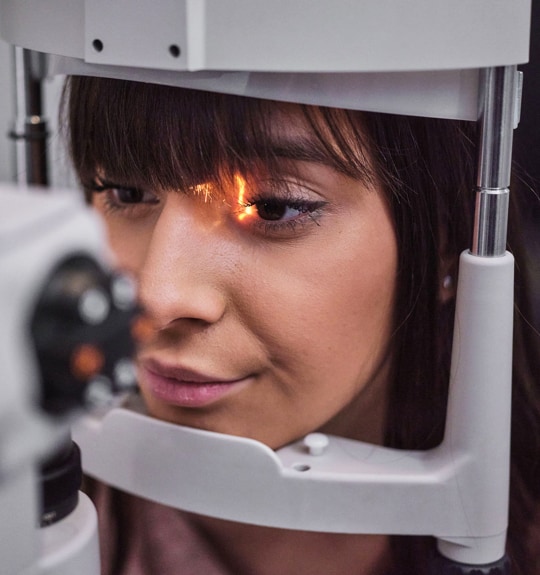Protect & Preserve Your Eyesight
Regular eye exams play a crucial role in preventive health care, even if you’ve never experienced ocular health issues. Many eye diseases begin with minimal symptoms, so monitoring your overall health and eyesight can keep you protected.
Comprehensive eye exams address various issues, like updating your eyeglass prescription, assessing your overall health, and testing for common eye conditions like glaucoma or diabetic retinopathy. We use some of the latest diagnostic technologies to provide a well-rounded and comprehensive examination experience.
As eye care professionals, we want to keep you seeing clearly so you can enjoy spending your time doing whatever makes you happy. Whether you often help your children with their homework or enjoy reading a good book at the end of a long day, we’re here to help protect and preserve your eyesight so you can keep doing what you love!
If you’d like to book an appointment, please give us a call or use our convenient online form!
When Do I Need an Eye Exam?
The Canadian Association of Optometrists recommends a specific examination frequency for adults:
- Those aged 20 to 39 should have their eyes examined every 2 to 3 years.
- Those aged 40 to 64 should have their eyes examined every 2 years.
- Those over 65 should have their eyes examined annually.
At Perception Eyecare, we want to make sure your eyes are always functioning correctly and your vision is the best it can be! Plus, we love getting to know our patients and their families. We recommend visiting us at least once a year for a thorough evaluation to assess your eyes and vision’s overall health.
If you are considered “at-risk” or have another health condition, we may want to see you more often. But, we’ll always let you know during your appointment!
What Does an Eye Exam Entail?
When we evaluate your eyes, we undergo a specific process to test all facets of your ocular health and vision. Your exam should not take much longer than 45 minutes unless we need to do additional testing, which we will always discuss with you and schedule for your next appointment. Also, please be sure to contact us with any questions you might have so we can keep you informed and knowledgeable about your health.
Your appointment always starts with a discussion about your medical history. You can ask any questions or bring up any issues you’d like to address at this point. We will ask about current ocular and physical health, any medications you take, your family’s medical history, and whether you wear corrective lenses.
We will also evaluate your:
- Visual acuity
- Prescription for corrective lenses
- Pupillary response
- Peripheral vision
- Binocular vision
- Eye movement
- Eyelids, cornea, iris, and lens
- Retina and optic nerve
We may also measure your internal eye pressure to test for early signs of glaucoma. Some other specialized tests that your exam may include:
Specialty Testing is Available
We can provide vision testing for employment or driver’s licensing purposes.
Perception Eyecare offers the Farnsworth D-15 Dichotomous Colour Vision Test. This test evaluates the type and severity of any colour blindness you may have. Police officers and firefighters might require this test.
We also offer visual field testing. Both the monocular Humphrey Visual Field and the binocular Humphrey Esterman Visual Field tests are available. These assessments might be required for driving tests, especially if you have glaucoma.









